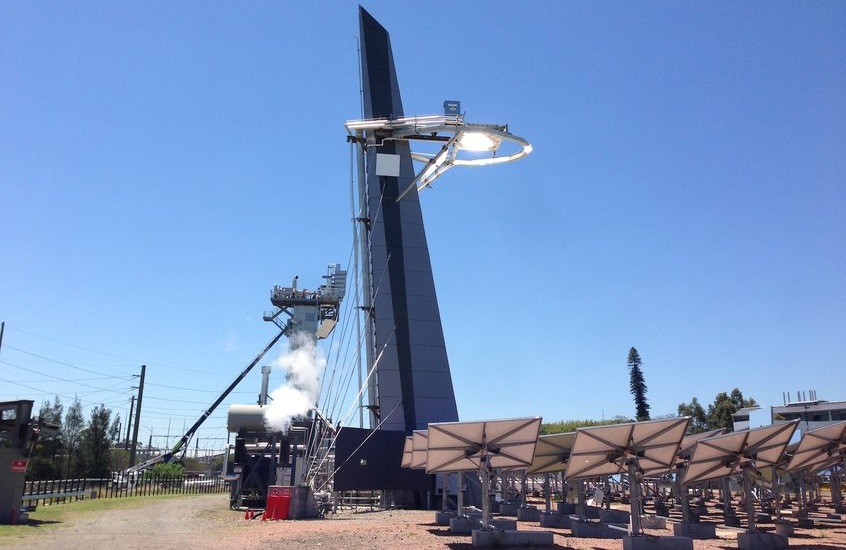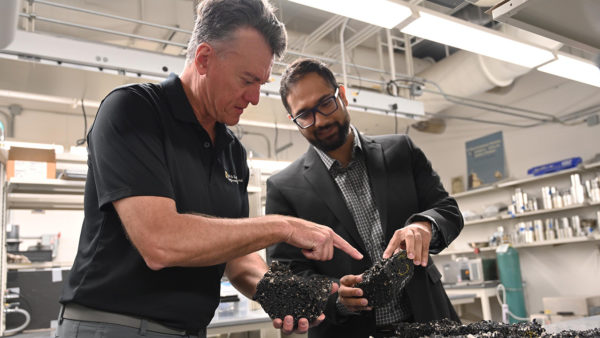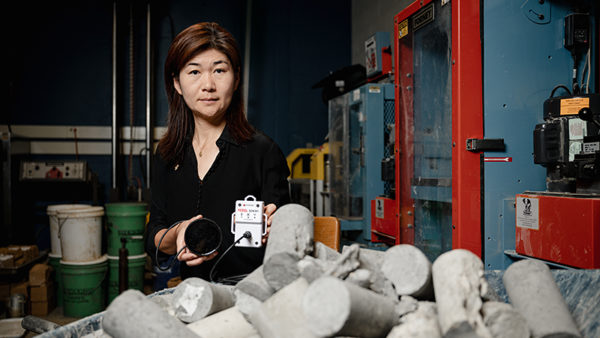An Australian research body has used solar energy to generate hot and pressurised ‘supercritical’ steam at the highest temperatures ever achieved in the world without fossil fuels.
It’s like breaking the sound barrier– Dr Alex Wonhas
It means that one day the sun will beat coal and gas in driving the most advanced power stations in the world, claims the Commonwealth Scientific and Industrial Research Organisation (CSIRO).
“It’s like breaking the sound barrier,” said CSIRO’s Energy Director, Dr Alex Wonhas. “Instead of relying on burning fossil fuels to produce supercritical steam, this breakthrough demonstrates that the power plants of the future could instead be using the free, zero emission energy of the sun to achieve the same result.”
Supercritical solar steam is water pressurised at enormous force and heated using solar radiation. The world record, which CSIRO set in May and reported last month, was at a pressure of 23.5 megapascals (a measure of force per unit area), and temperatures up to 570 degrees Celsius. The tests were made on a thermal plant with more than 600 mirrors directed at two towers housing solar receivers and turbines.

CSRIO Solar Tower 1 making steam (CSRIO)
The combination of pressure and temperature is necessary, CSIRO says. Top solar thermal power plants around the world now use “subcritical” steam, which reaches similar temperatures but at lower pressure. If these plants moved to supercritical steam it would increase the efficiency and lower the cost of solar electricity, CSIRO says.
The AUS$5.68 million research program is supported by the Australian Renewable Energy Agency (ARENA) and is part of a collaboration with Abengoa Solar, which claims to be the largest supplier of solar thermal electricity in the world. The three organisations are also working on ways to store solar electricity for release at night.
The technology is not ready for commercialisation yet but ARENA chief executive Ivor Frischknecht said the breakthrough brings solar thermal energy “a step closer to cost competitiveness with fossil fuel generated power”.










